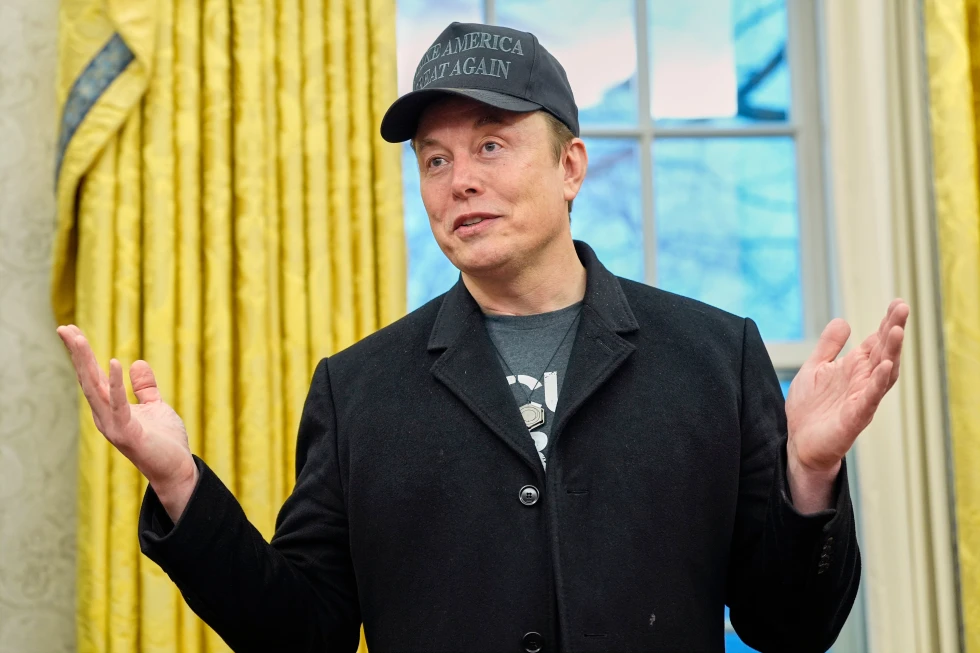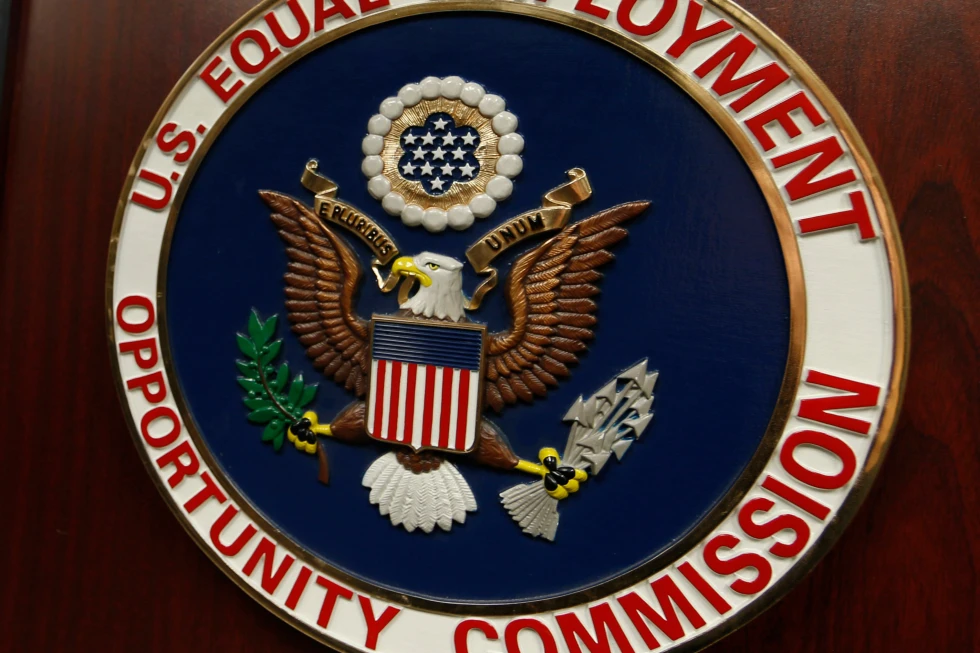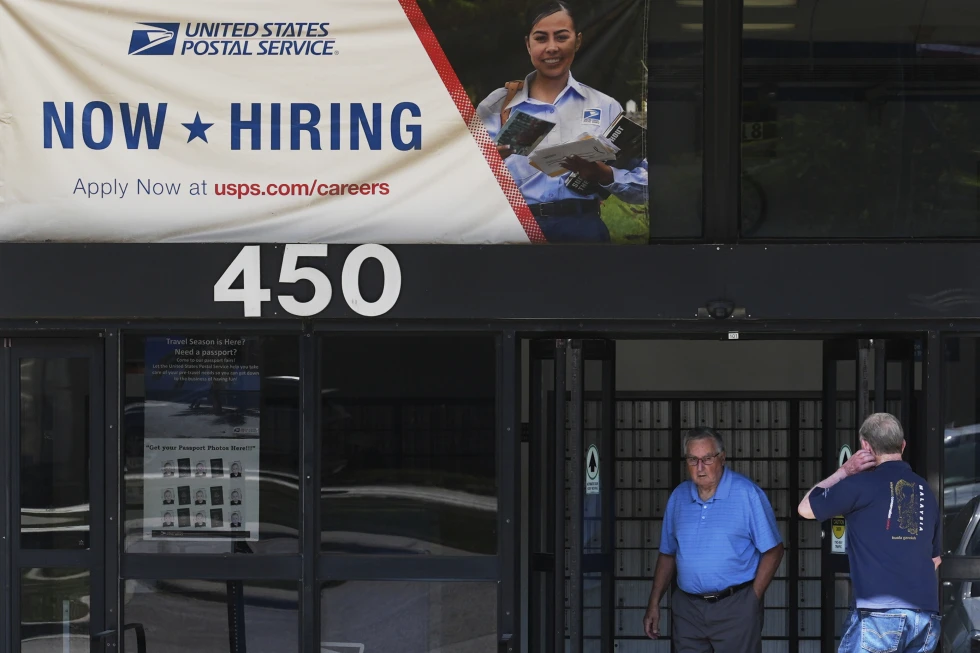Musk Announces Tesla Sales Rebound After Months of Boycotts
a After months of declining sales tied to political controversies, Tesla reported a 7% increase in vehicle deliveries for the last quarter. The rebound came after Elon Musk stepped away from the Trump administration, a move that had initially reassured investors who feared widespread boycotts of the brand.
However, analysts caution that the growth may not be sustainable. The company’s sales boost coincided with the expiration of a $7,500 federal tax credit for electric vehicles, leading to a surge in purchases across the entire EV industry. Many competitors, including Rivian, saw even higher percentage increases, suggesting Tesla’s gains may have been part of a broader market trend rather than a company-specific turnaround.
Despite the temporary rise in sales, Tesla stock reflected investor skepticism. Shares initially spiked on the news but later closed down 4.5% at $439, showing lingering concerns about whether the growth represents a long-term recovery.
Skepticism Persists Despite Sales Growth
Industry experts remain divided on Tesla’s outlook. Sam Abuelsamid of Telemetry Insight argued that most consumers are still hesitant about Musk’s leadership and public persona, suggesting that the sales surge is more of a temporary blip than a new growth phase.
Even long-time Tesla supporters like Dan Ives of Wedbush Securities struck a cautious tone, acknowledging that while the numbers exceeded expectations, the company still faces “demand issues.” Tesla delivered 497,099 vehicles compared to 462,890 a year earlier, beating analyst estimates of a drop to 456,000. Still, the sustainability of this performance remains unclear.
Investor confidence has also been shaken by Musk’s ongoing involvement in social and political disputes. His outspoken remarks online and public disputes with critics continue to alienate potential customers, particularly in international markets.
Political Controversies Fuel Backlash
While Tesla benefited temporarily from incentives, Musk’s political and social battles continue to weigh heavily on the company’s image. His departure from Washington initially boosted investor sentiment, but his public clashes and online activity have created new tensions.
For example, Musk recently announced he was canceling his Netflix subscription after a show creator criticized him, sparking a wave of copycat cancellations. Such incidents highlight how Musk’s personal actions can quickly spill over into Tesla’s brand perception, often creating volatility in consumer confidence and stock value.
Internationally, the backlash has been even more severe. Sales in Europe plunged by 40% after Musk expressed support for far-right political groups and made inflammatory remarks about political leaders. Protests in cities like Milan and London further underscored the reputational challenges Tesla faces abroad.
Investor Focus Shifts Beyond Cars
To offset growing criticism, Musk has tried to pivot investor focus toward Tesla’s future technologies. Plans for a cheaper Model Y, the development of driverless robotaxi services, and the rollout of Optimus robots have been emphasized as key growth drivers. These initiatives have helped lift Tesla stock by 34% in September alone, despite weak financial performance earlier in the year.
Tesla’s board also sought to secure Musk’s long-term commitment with an unprecedented compensation plan. If he meets ambitious financial goals, Musk could earn up to $1 trillion, the largest potential CEO payout in U.S. history. While the proposal underscores Tesla’s dependence on Musk’s leadership, it has also drawn criticism from business leaders and even religious figures concerned about widening income inequality.
Despite these efforts, Musk’s involvement in global politics and his polarizing statements continue to cast uncertainty over Tesla’s trajectory, raising doubts about whether investors can look past the controversies to focus solely on innovation.
Challenges Ahead Despite Temporary Gains
Tesla’s reported 7% sales increase looks impressive compared to recent declines, but challenges remain. Earlier this year, sales dropped 13% in back-to-back quarters, reflecting the impact of Musk’s political activities and public backlash.
The company also faces mounting competition from European automakers and Chinese EV leaders like BYD, which are rapidly expanding their market share. At the same time, Tesla’s highly promoted robotaxi service has encountered problems during testing, with reports of vehicles stopping suddenly or even driving in the wrong lane. Despite Musk’s promises of a rapid rollout, these issues highlight the risks of pushing new technologies too quickly.
With third-quarter earnings set to be reported later this month, investors are watching closely to see whether Tesla can translate temporary sales momentum into sustainable long-term growth. Profits fell 16% last quarter, and unless demand strengthens, the company could face more turbulence ahead.

















